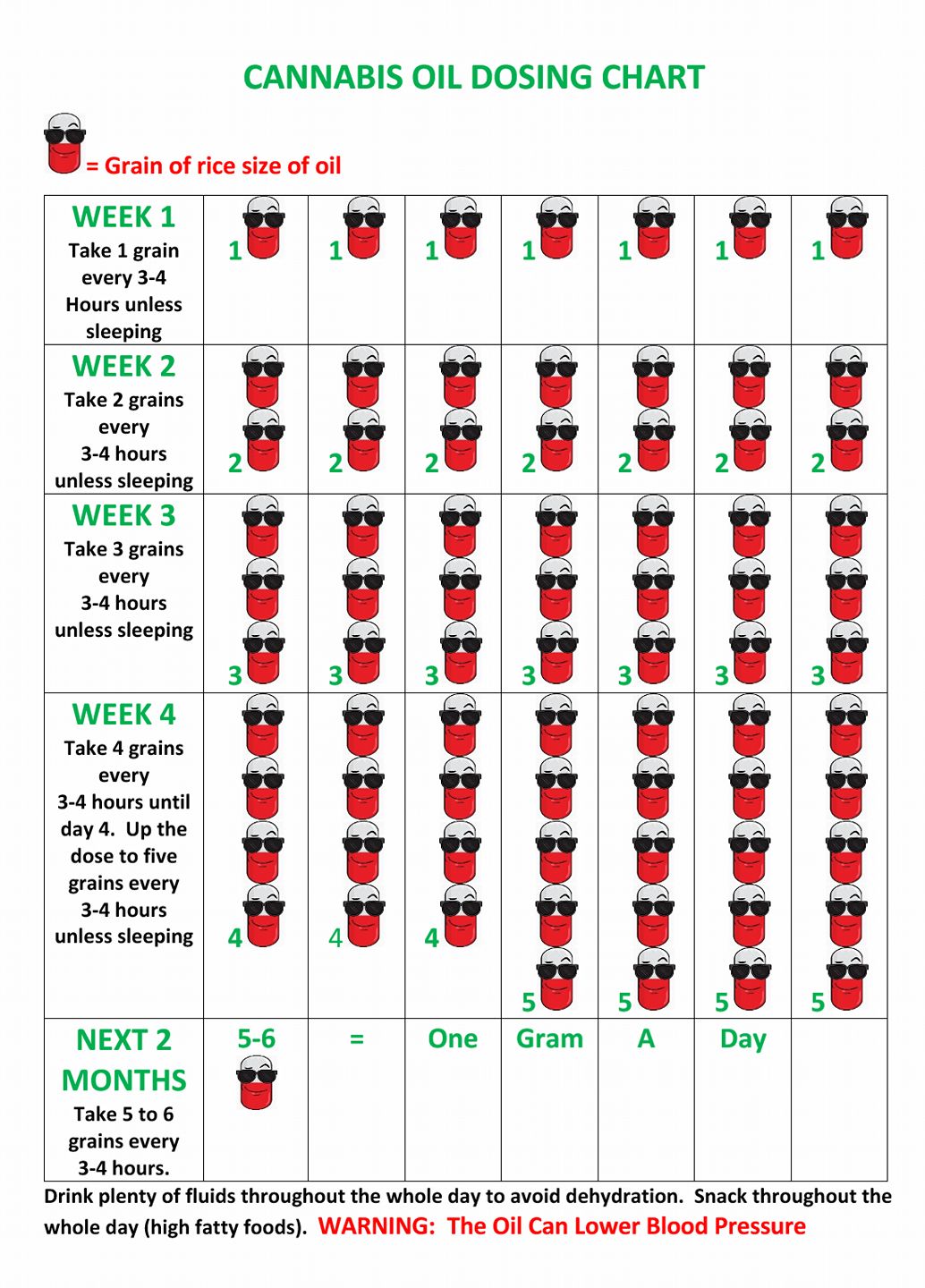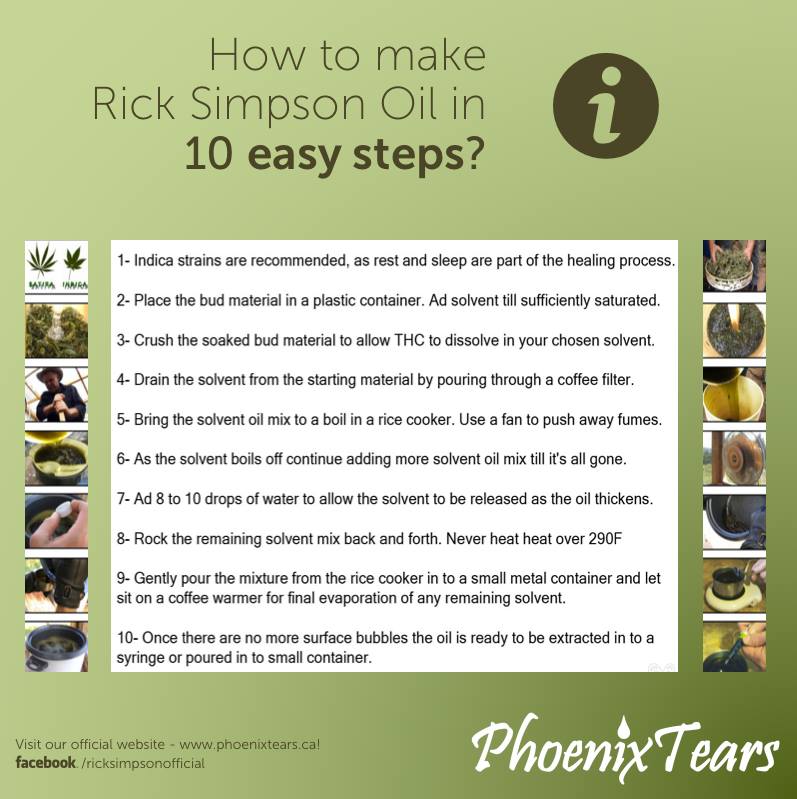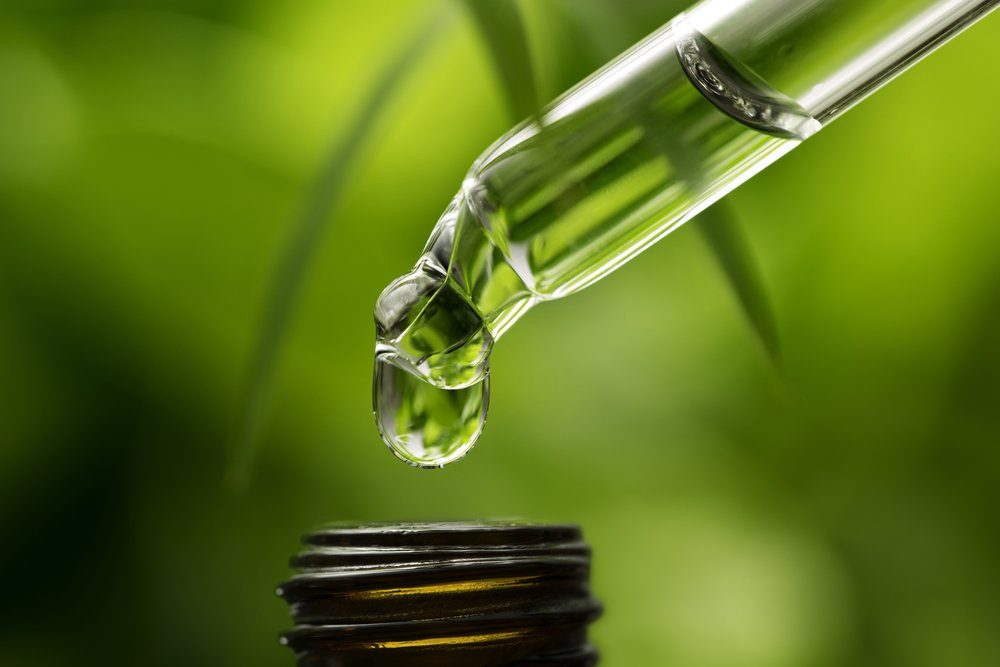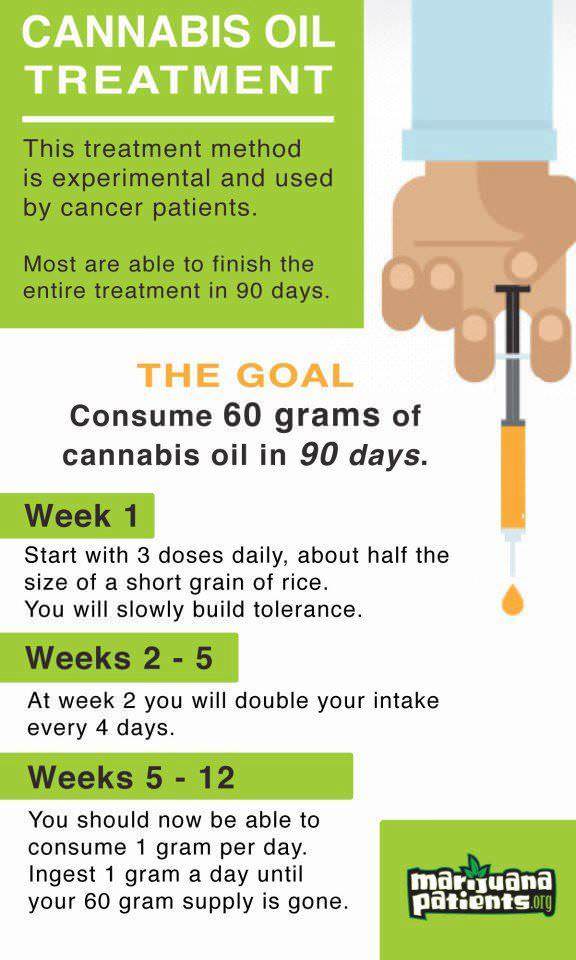I've always wondered: is there any advantages with RSO over rosin mixed with fats or VG?
No one has stepped in to answer this and I really don't know the answer. But it seems to me that the oil might be more concentrated? Perhaps
@herbivore21 can lend his knowledge here.
Your questions about cannabis oil, answered
We talk to cannabis expert Dr. Michael Verbora to get the lowdown on the increasingly popular prescription
Cannabis oil has only been available for prescription in Canada
for a short time, but is already a runaway hit with patients and doctors—
sales have grown more than 870 per cent since 2016. Here, Dr. Michael Verbora, medical director at
The Cannabinoid Medical Clinic, answers our top patient questions about prescription cannabis oil.
Why choose oils?
For easy dosing, long-lasting effects and discretion.
First, oils comes with droppers and exact dosing information, making it easy for patients to titrate, or fine-tune, their dose until they find the right one. The therapeutic effects of oils also last longer, when compared with cannabis flower, or bud.
“For any patient with a chronic condition, whether it's chronic pain or anxiety, it makes much more sense to try to target that consistently so you get better remission of the condition, given the long-acting properties of the oil,” says Dr. Verbora.
Finally, oils are discreet, and look more like traditional medicines, which can be comforting for patients who are nervous about cannabis or wish to dose privately.
Are there any cautions?
Yes, a few.
Oils are metabolized through the liver before getting to the bloodstream and can interact with other medications, so Dr. Verbora recommends visiting a doctor who’s well-educated about cannabis and can ensure it's safe for you (see
Lift’s list of cannabis-aware doctors and clinics).
Also, patients with certain gastrointestinal disorders or who are recovering from a recent gut surgery may not absorb the oils as expected, says Dr. Verbora.
“But generally speaking, oils tend to be safe. It’s really important that the dosing is well understood, and you have a physician helping you dose it properly. Then you can minimize any negative effects and potentially maximize the benefits.” To that effect, Dr. Verbora recommends sourcing your oils from a licensed producer, saying that when patients do report negative outcomes, it’s typically when they’ve ingested too much THC, which is easier to do from unregulated, untested products, like those sometimes sold in unlicensed dispensaries.
What if I take too much cannabis oil?
Well, it won't kill you...
“Ideally you shouldn't be able to take too much,” says Dr. Verbora, “because you should be titrating slowly and getting advice. However I know some people who aren't getting benefits or relief sometimes get excited and will take a higher dose than they're encouraged to.”
This can lead to unpleasant experiences, such as paranoia, anxiety, nausea, vomiting and lethargy. It’s not a nice feeling, but Dr. Verbora reminds us that no one has ever died from a so-called cannabis overdose. Avoidance is the best precaution, but should you take too much oil, find a comfortable, safe spot to wait it out, and consider taking some CBD oil or flower if you have it on hand. “There is some biochemistry to support the fact that increasing the CBD when you're having too much THC in your system might mitigate the effects,” says Dr. Verbora.
Can I just take my cannabis oil and put it where it hurts?
Go for it!
“There are endocannabinoid receptors in our skin and this is definitely a potential therapeutic target,” says Dr. Verbora. “You could take the oil and put it on your skin, and you may get some hydration benefits from the oil and you may get some localized effect from the cannabinoids.”
Evidence for topicals is promising, but limited, and Dr. Verbora worries that most oils haven’t been designed to penetrate deeper than the dermis. “So we need to understand if cannabis needs to be combined with other pharmaceutical ingredients to help maybe penetrate into deeper tissue...However I don't see any harm whatsoever associated with topical cannabinoids, so if patients do choose to use this option, I support them in doing so or attempting to do so.”
Different LPs use different base oils— does it matter which one I choose?
Nope.
“For me as a physician, I don't think it makes too much of a clinical difference,” says Dr. Verbora. If you’re allergic or sensitive to a particular ingredient, then choose an LP that uses an alternative base oil, says Dr. Verbora, adding that he hasn’t come across that situation in his clinical practice yet.
What’s the difference between oils and capsules?
Not much.
Dr. Verbora looks forward to a future when cannabis capsules use advanced technology to allow for controlled release, but for now, capsules are pretty much cannabis oil inside a digestible container.
I take a CBD-only oil. Is it possible to take too much?
Probably not.
“Right now we don't have good evidence to know if there is a ceiling of CBD oil that if exceeded it would cause negative effects,” says Dr. Verbora. “However all CBD oils have a small amount of THC in them, so as you do increase the dose, sometimes the effects of the THC become more pronounced.” He’s looking forward to more research on CBD dosing, but does point to a study on patients treated with
CBD for Dravet syndrome, an extreme form of epilepsy. “They're using very high dosages, probably somewhere 10 times higher than the average patient I have,” he says, “and the negative outcomes or side effects were quite minimal. So from that perspective it seems to look quite safe.”
My doctor says to take my oil every day—will I become an addict?
Unlikely.
“From a medical perspective we're trying to treat something, and if we're trying to treat something that tends to be chronic, you have to medicate consistently so that you can keep it at bay,” says Dr. Verbora. “It's kind of like diabetes pills—you have to take them every day, because that's how they work, they need to be in your system for certain periods of time. And cannabis, for some conditions, is like that, and then for other conditions it can definitely be used more on an as-needed basis.” He notes that although there is a slim chance of addiction, it’s much lower with cannabis when compared to a number of pharmaceutical drugs.
Ultimately, your doctor prescribed cannabis to help you, not to turn you into a lazier version of your previous self. “It’s not about medicating and being pain-free and sitting on a couch and watching TV, it's about medicating so you can go get your groceries, so that you can do chores around the house, you can maybe get to your work,” says Dr. Verbora. “That's the whole philosophy around treating conditions in general, it's about improving function.”





